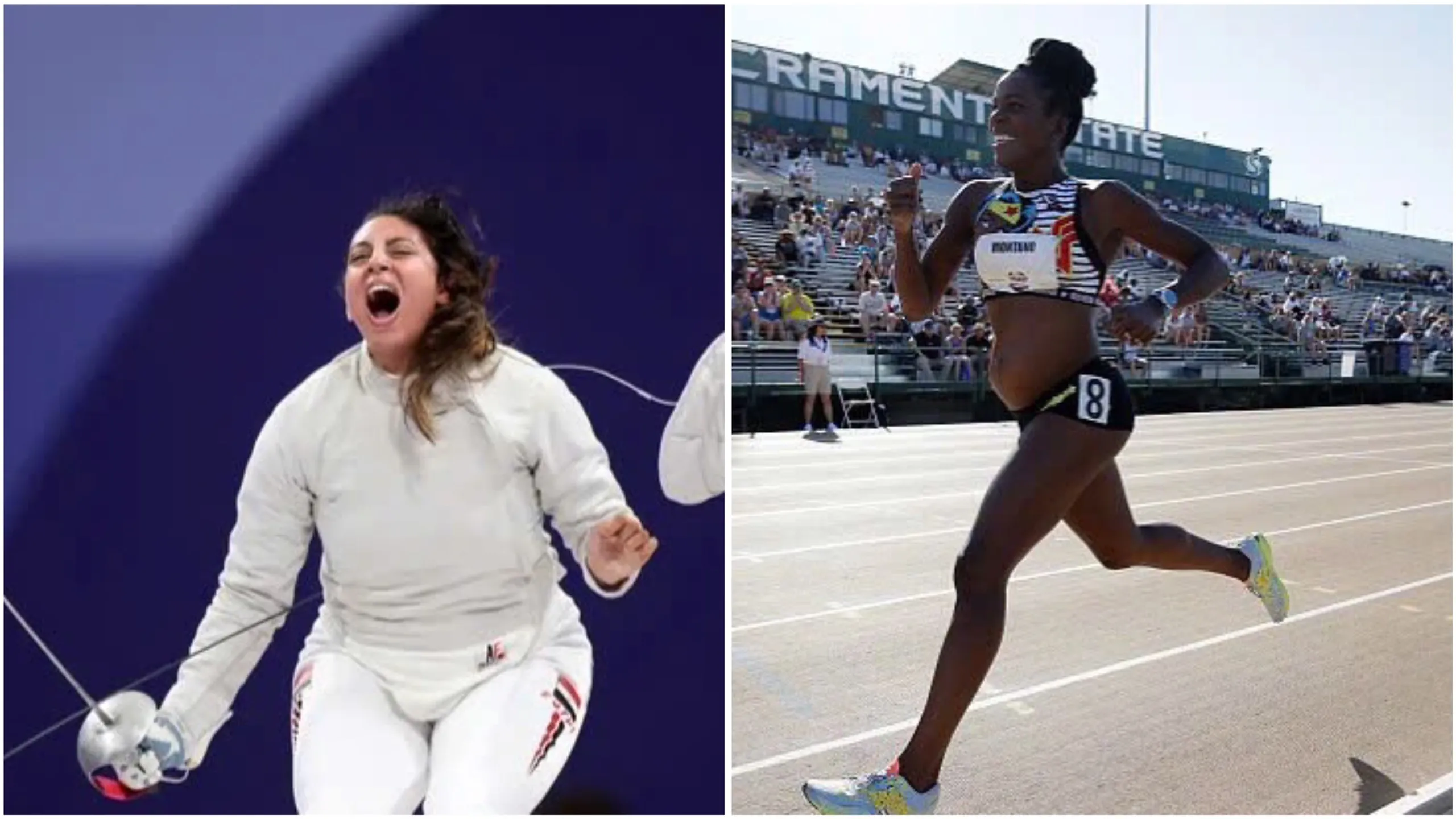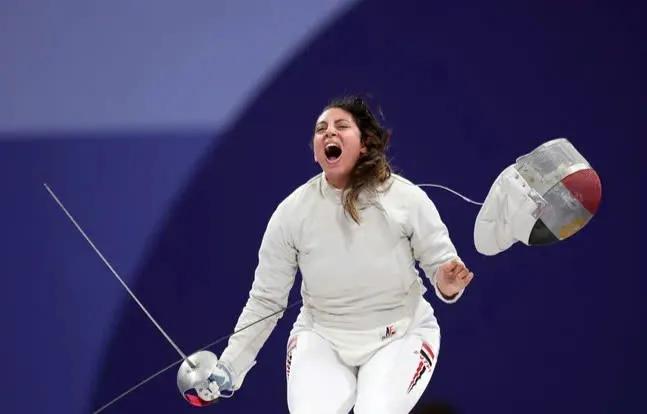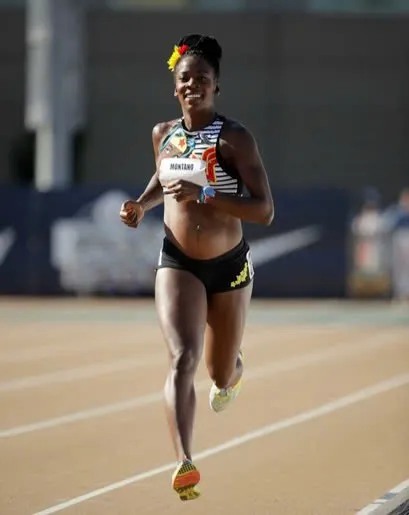
Pregnant athletes competing at the Paris 2024 Olympics are not only a sporting feat, but also a powerful testament to the extraordinary strength and capabilities of women during pregnancy. When these athletes enter the international arena, they are not only representing themselves and their countries, but also breaking down traditional barriers to what women can do during pregnancy. They demonstrate that strength, resilience and determination are not limited by conventional conditions, opening a new chapter in sporting history and inspiring millions around the world.

Egyptian fencer Nada Hafez revealed that she is seven months pregnant while competing at the Paris 2024 Olympics in the women’s individual sabre event. Hafez defeated American Elizabeth Tartakovsky in the first round. She then lost to South Korean Jeon Ha-young and finished 16th overall. This is Hafez’s third time competing at the Olympics.
A day later, Azerbaijani archer Yaylagul Ramazanova also confirmed that she was six months pregnant while competing at the Olympics.
Athletes competing at different stages of pregnancy have changed the concept of what women can do while pregnant.
In 2017, Alysia Montano competed at the US Outdoor Track and Field Championships when she was eight months pregnant. In 2012, Malaysian Nur Suryani Mohamed Taibi competed in the London Olympics in shooting when she was eight months pregnant.

Athlete Alysia Montano competes at the 2017 USA Outdoor Track and Field Championships. Photo: Getty Images
The 2024 Paris Olympics will not only be a sporting festival but also a testament to the strength and resilience of female athletes who have become mothers. In a memorable moment, two New Zealand rowing mothers, Lucy Spoors and Brooke Francis, won gold medals in the double oar double. This impressive achievement not only celebrated their extraordinary talent and effort, but also proved that returning to sport after motherhood can absolutely lead to great success. These achievements open up a new path, affirming that motherhood is not a barrier, but a powerful source of motivation for women to conquer the pinnacle of their sporting careers.
The World Health Organization (WHO) recommends that pregnant women spend 150 minutes/week on moderate-intensity physical activity. Physical activity during pregnancy can bring many health benefits to both mother and fetus, such as reducing the risk of pre-eclampsia, gestational diabetes, high blood pressure, postpartum depression, etc.
In 2016, the International Olympic Committee (IOC) gathered international experts and published recommendations on training for pregnant athletes.
In the past, many female athletes participating in the Olympics have faced challenging decisions related to pregnancy. Not only do they have to consider becoming a mother and continuing to pursue their sports careers, but they also face social pressures and discrimination that male athletes never have to face. Concerns about safety during training and the stigma surrounding pregnancy have caused them to seriously consider their careers.
However, according to CNA (Singapore), with the right support, specific guidance based on research and improved sports policies, female athletes can continue to train and compete effectively during pregnancy. This not only helps raise awareness of sustainability in sports but also affirms that sports careers and motherhood can absolutely go hand in hand.



